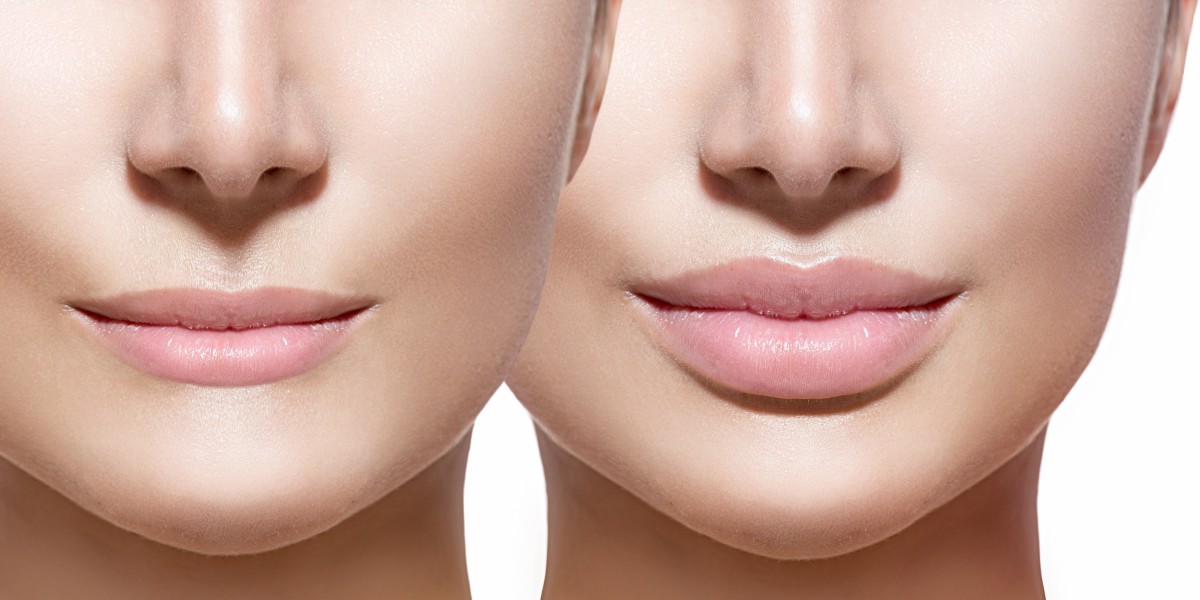While modern science may not have found a way to stop aging entirely, significant advancements have been made in understanding the aging process, leading to the development of various anti-aging treatments aimed at turning back the clock.
This article delves into the latest breakthroughs in anti-aging treatments, exploring their mechanisms, efficacy, and potential to redefine our relationship with aging.
Understanding Aging
Aging is a complex, multifaceted process influenced by genetic, environmental, and lifestyle factors. It is characterized by a gradual decline in physiological functions, leading to an increased risk of diseases and death.
The scientific community has identified several key mechanisms behind aging, including DNA damage, telomere shortening, oxidative stress, and cellular senescence, among others. Anti-aging treatments target these underlying processes in an attempt to slow down or even reverse aging signs and symptoms.
Cosmetic Anti-Aging Treatments
Cosmetic treatments have long been the front line in the fight against visible signs of aging. These treatments, which often provide immediate or short-term results, include:
Botulinum Toxin (Botox): Temporarily paralyzes muscles to reduce the appearance of wrinkles.
Dermal Fillers: Fill in wrinkles and add volume to facial features. Many women get fillers in Dubai for their amazing results.
Laser Treatments: Improve skin texture, tone, and elasticity by removing the outer layer of the skin and stimulating collagen production.
Chemical Peels: Remove dead skin cells to reveal younger, brighter skin underneath.
While effective for improving appearance, these treatments do not address the underlying biological processes of aging.
Nutraceuticals and Supplements
The market is flooded with dietary supplements claiming to offer anti-aging benefits. Some of the most promising include:
Resveratrol: Found in red wine, has been shown to activate sirtuins, a family of proteins believed to play a role in longevity.
Omega-3 Fatty Acids: Reduce inflammation, a key contributor to aging and chronic diseases.
Coenzyme Q10 (CoQ10): An antioxidant that helps protect cells from damage and plays a critical role in energy production.
While supplements can support overall health, their effectiveness as anti-aging treatments remains a topic of research and debate.
Genetic and Cellular Treatments
Recent scientific advancements have paved the way for more sophisticated anti-aging interventions targeting genetic and cellular mechanisms:
Senolytics: Drugs that selectively eliminate senescent cells, which accumulate with age and contribute to tissue dysfunction.
Telomerase Activators: Potential treatments aimed at lengthening telomeres, the protective caps on the ends of chromosomes that shorten with each cell division.
Gene Therapy: Techniques that modify genes to prevent or reverse aging-related cellular damage.
These approaches are at the forefront of anti-aging research and offer the most promise for fundamentally altering the aging process.
Lifestyle Interventions
Lifestyle choices play a significant role in the aging process. Interventions that promote longevity include:
Diet: Diets rich in fruits, vegetables, whole grains, and healthy fats, such as the Mediterranean diet, are associated with a lower risk of chronic diseases and longer life.
Exercise: Regular physical activity reduces the risk of many age-related diseases and can increase lifespan.
Sleep: Adequate sleep is essential for repairing and regenerating cells and maintaining metabolic health.
These lifestyle changes, while seemingly simple, can have profound effects on health and longevity.
The Future of Anti-Aging
The field of anti-aging medicine is rapidly evolving. While fillers and Botox in Dubai are popular options, ongoing research is exploring even more groundbreaking treatments. These include advancements in stem cell therapy, the use of artificial intelligence to predict and prevent age-related diseases, and the development of personalized medicine based on genetic profiles.
As we understand more about the biological processes that drive aging, the potential to develop treatments that not only extend lifespan but also improve the quality of life in later years becomes increasingly realistic. However, ethical considerations, accessibility, and the long-term effects of these treatments remain significant challenges.
Wrap Up
The pursuit of anti-aging treatments reflects humanity's innate desire to live longer, healthier lives. While no magic bullet can stop aging in its tracks, a combination of cosmetic procedures, supplements, genetic and cellular treatments, and lifestyle interventions can significantly impact how we age.
As research continues to advance, the dream of turning back the clock may become a reality for future generations. Yet, it's crucial to approach the quest for longevity with caution, focusing on the quality of life as much as its duration.









